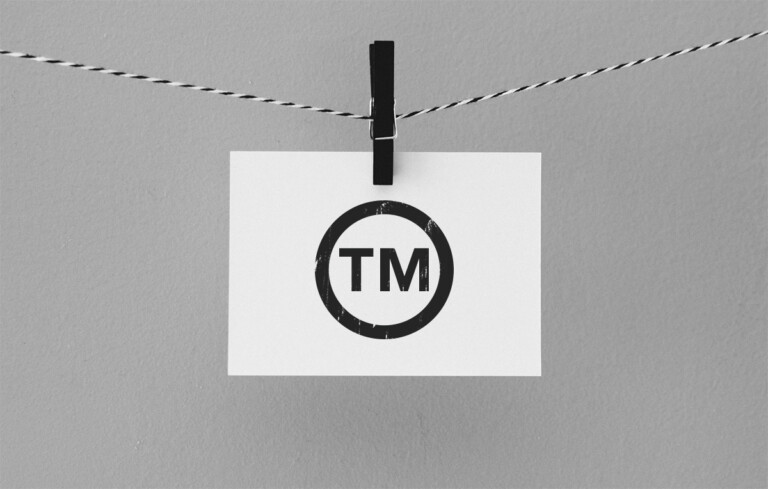
With Vancouver Startup Week 2019 taking place this week, our Technology Transactions Practice Group is sharing a series of articles with tips and strategies for all of Vancouver’s innovators and disrupters who are looking to grow their tech businesses. Stay tuned for exclusive insights on our website, LinkedIn and Twitter.
—
Legal strategy can be like office space: what is “good” for one business can be completely inappropriate for others. While certain basic requirements exist across all stages of development, overinvestment in legal services – like renting 10,000 square foot, top-floor premises in downtown Vancouver – can divert funds which may be better spent on other areas.
That being said, if you can afford legal services, you’re generally better off obtaining them. In this manner, IP generally favours established businesses over businesses at their early stages. Mature, operating businesses have the cash flow necessary to support beefy legal budgets. In addition, IP law tends to favour the first party to establish rights by default. Established businesses have often been around longer, and may have accumulated IP at an earlier stage as a result.
To evaluate what level of service is appropriate based on your stage of growth, you should gain an understanding of the basic legal services you require, as well as what would be ideal – and further consider what is practical for your current situation.
The Basics
All businesses should ensure that the work product created by individuals in their organization should, if intended for use by the organization, be owned by the organization. This involves the execution of assignment agreements and the inclusion of terms in employment agreements which clearly establish your business’ ownership of IP. For further information, read Why Savvy Startups Protect their Intellectual Property.
In addition, you should attempt to identify areas of clear legal jeopardy and seek advice for those areas. While IP infringement is generally a strict liability issue – meaning your intentions aren’t relevant to establishing infringement – exercising a little common sense can be helpful. Is your business based on monetizing a concept that you have taken, without attribution or compensation, from someone else who is trying to monetize that same concept? Did you name your business or product after another business or product that you’ve heard of? If so, tread lightly and seek legal advice.
The Ideal
Established businesses with competitive IP strategies should have an annual budget for IP-related legal expenses, including the performance of clearance searches to determine if names of products are free to use before entering the market. It also includes filing applications and obtaining registrations for patents or trademarks in order to protect your IP from competitors.
The Practical
If your organization’s budget does not allow for ideal IP protection, there are certain measures you can take to protect yourself. For important products and projects, startups can benefit from certain types of systematic record keeping. For example, consider preserving information regarding your first sale in each country and region. If your business’ primary product is software, private source code repositories can help establish what was in your source code as of what date (without sharing that source code with the world). These records can be helpful if copyright or trademark disputes arise in the future.
Regardless of your organization’s current stage of growth, there are legal issues you should consider and legal approaches which could be appropriate for you. As for medical services, an ounce of prevention can be worth a pound of cure – so you should arrange your strategy accordingly.



